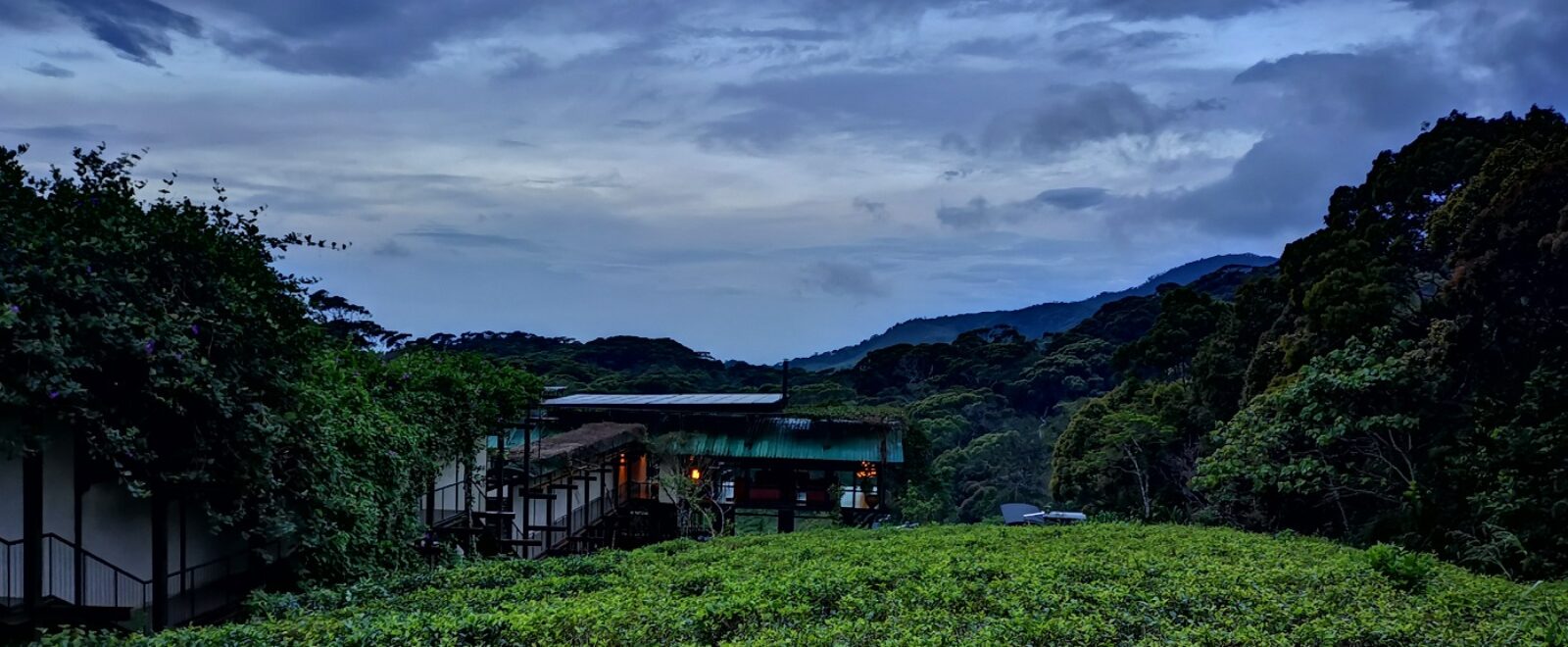“There is no launch party for decay.” I read these words last month, written by a Sri Lankan reflecting on how it felt to live through collapse. He talked about how collapse doesn’t affect everyone the same way. For some, the collapse is clear, it has brought them suffering and death. For some, life goes on with a growing numbness to the pain around them.
I can relate. I was born in Sri Lanka, and while I arrived in the United States 13 years ago, much of my family still lives there. The civil war started before I was born and ended several years after I left for college. During the war, most days felt mundane, despite a conflict that was raging in the North and the suicide bombings in town centers. We just tried to carry on amidst the horror. It didn’t feel like there was much more we could do.
I remember asking parents (and aunties and uncles) how it got this bad, how a race war started in our beautiful island, a place described by so many as a paradise. I got so many different answers. Racial tensions seeded by the British before independence, the political vacuum after they left, growing inequality and discrimination, rising nationalist attitudes in the racial majority, an extremist faction among minority parties…
The collapse that came didn’t happen overnight. It was years in the making. With hindsight, the tipping points are clear. But the conditions of a society on the brink of collapse were present well before the first protests took place. The collapse wasn’t so much “launched,” but rather it evolved, happening in increments, with outrage upon outrage, until it was too much to hold.
I have that feeling now, as I take stock of what is happening in the U.S. We are in crisis, and I don’t just mean the pandemic or the wildfires. These are devastating events, to be sure. But when we look a little deeper, what these events are showing us is a system that was broken from the start, a breached social contract, a democracy that is failing its people.
A pandemic is raging, and almost everything about the government’s response has made matters worse. Without meaningful leadership to contain its spread, people have died in astonishing numbers that could have been avoided. Meanwhile, the West Coast is on fire; our environment is so stressed. The rich have gotten richer while real wages for most workers have barely increased in decades, with billionaires reaping windfalls during the pandemic as working families struggle under impossible conditions. The government has bailed out big corporations to the tune of hundreds of billions of dollars, but in the last seven months has only written a single $1,200 check to everyday people. Eight million people have fallen into poverty since May, as Cares Act funding ran out and the Senate refused to take up a new bill. And this is hardly the first time that banks and CEOs have been bailed out while workers are left to fend for themselves.
And even as we are all supposedly fighting a common enemy in the coronavirus, law enforcement officers continue to criminalize Black and other oppressed communities every single day. Police and immigration enforcement bodies have become more militarized and more willing to openly use force against peaceful protestors. Rising ethno-nationalist sentiment is emboldening white supremacists across the country. Constitutional crises have become commonplace, and more and more of the norms that have kept U.S. democracy (imperfectly) functioning are being broken every day.
It’s a lot. And the thing is, none of these things had to have happened. We could have had a government that played a more active role in protecting people and regulating elites and corporations. We could have had a government that prioritized both public health and the economic well-being of everyone. We could have had a government that led a process of healing, reconciliation, and reparation for historically marginalized people.
We do not have a system that makes this kind of government possible right now. But I believe we still can. We can make our democracy more inclusive and truly representative. We can create a government that does what governments are supposed to do: take care of people, especially those most marginalized.
An obvious first step to getting there is voting. It won’t be enough, but it’s necessary. So, if you’re eligible to vote, exercise that right! Encourage people in your communities to vote. Have conversations with your friends and family about issues you care about and the candidates you feel will do justice to those issues – or who would be most receptive to pressure on them. Sign up for phone banking or text banking. If you can, support local polling processes. Remember that on election night we probably will not have a clear picture of the outcome, and that we must hold firm and advocate for every vote to be counted.
But also keep in mind that this is one step. Coming out of these multiple crises will take a lot of work, over many years. Any elected official will always have to be pressured to do the right thing, and the work of organizing, campaigning and advocating is at least as important as simply voting.
Over the next few weeks, we’ll share with you reflections from our colleagues in ActionAid offices around the world on democratic engagement in their own countries. We’ll share resources for ensuring our own democracy is as robust and inclusive as possible. And we’ll share personal stories about our own work – as an organization and as individuals – to create the world we know is possible, starting from the pivotal moment we as a country find ourselves in now.



